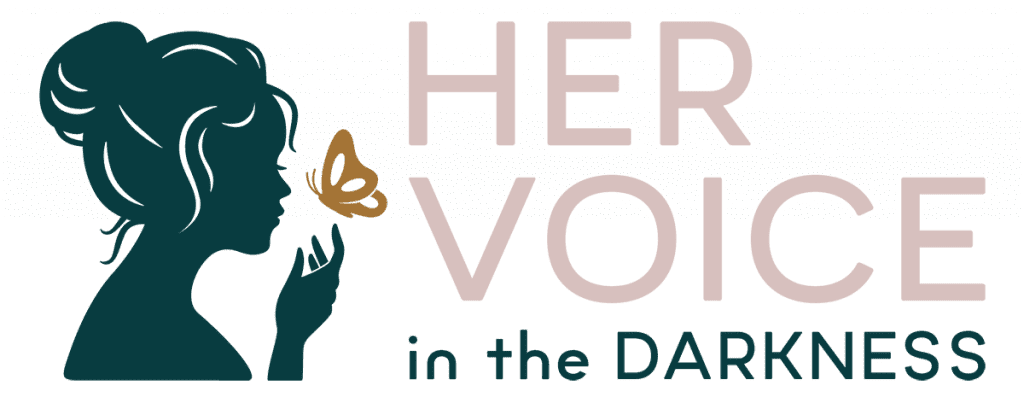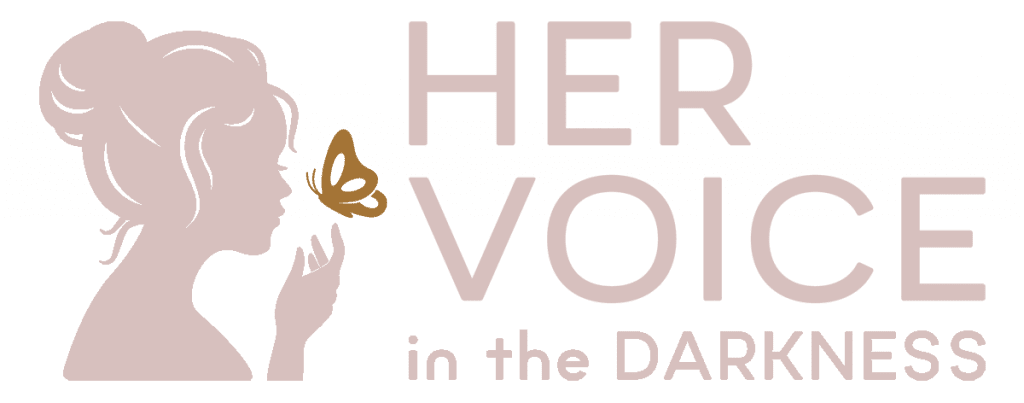After reading our last blog post, you may be concerned that what you are experiencing is, in fact, psychological abuse. In taking steps to address this abuse, it is important to be certain of what you are experiencing as well as the harm it can cause (see future blog post on the harm of psychological abuse). One of the most important steps is to take note of your mental and emotional state (Engel, 2021). Look through the list below (written by Beverly Engel in Escaping Emotional Abuse: Healing from the Shame You Don’t Deserve) and see if you notice any of these patterns in your own life.
- “Constant or overwhelming confusion
- Feeling “off-balance” or distorted a great deal of the time
- Depression (lack of energy, a feeling of impending doom, unable to find joy or pleasure in life, frequently weeping)
- Feelings of hopelessness and despair
- Feelings of helplessness
- Feeling worthless and/or unloveable
- Difficulty concentrating
- Difficulty making decisions
- Feelings of uncertainty and unpredictability
- Feeling out of control
- Increased self-criticism
- Lowered self-esteem and dwindling self-confidence
- Overwhelming guilt
- Debilitating shame
- Self-destructive behavior (consciously or unconsciously trying to hurt or punish yourself)
- Increased feelings of insecurity and fear
- Crippling self-doubt
- Intense anxiety
- Constant fear, hypervigilance
- Fear of failure
- Chronic state of stress
- Lack of sexual interest or feeling
- Disconnection from emotions
- Disconnection from body (dissociation)
- Numbness
- Obsessive thoughts
- Isolating from others
- Signs of trauma (panic attacks, nightmares, flashbacks, post-traumatic stress disorder)
- Health problems (especially those resulting from toxic and chronic stress, such as high blood pressure, racing heartbeat, muscle tension and pain). Some researchers theorize that emotional abuse may contribute to the development of conditions such as chronic fatigue syndrome and fibromyalgia” (Engel, 2021, p. 18-19).
If you experience many of the symptoms listed above (in correlation with signs of psychological abuse in the previous post), it is likely that you are feeling the effects of being psychologically abused. This recognition is an important beginning step in addressing the problem and healing from the abuse. Some of the symptoms listed above are also symptoms of depression. However, it is important to recognize that these symptoms are a result of your partner’s abusive behavior and make perfect sense regarding your situation. Hopefully connecting the abuse with these symptoms will help to bring awareness to the harm of the relationship and prompt steps towards healing and seeking safety.
Resource
Engel, B. (2021). Escaping emotional abuse: Healing from the shame you don’t deserve. Citadel Press.


